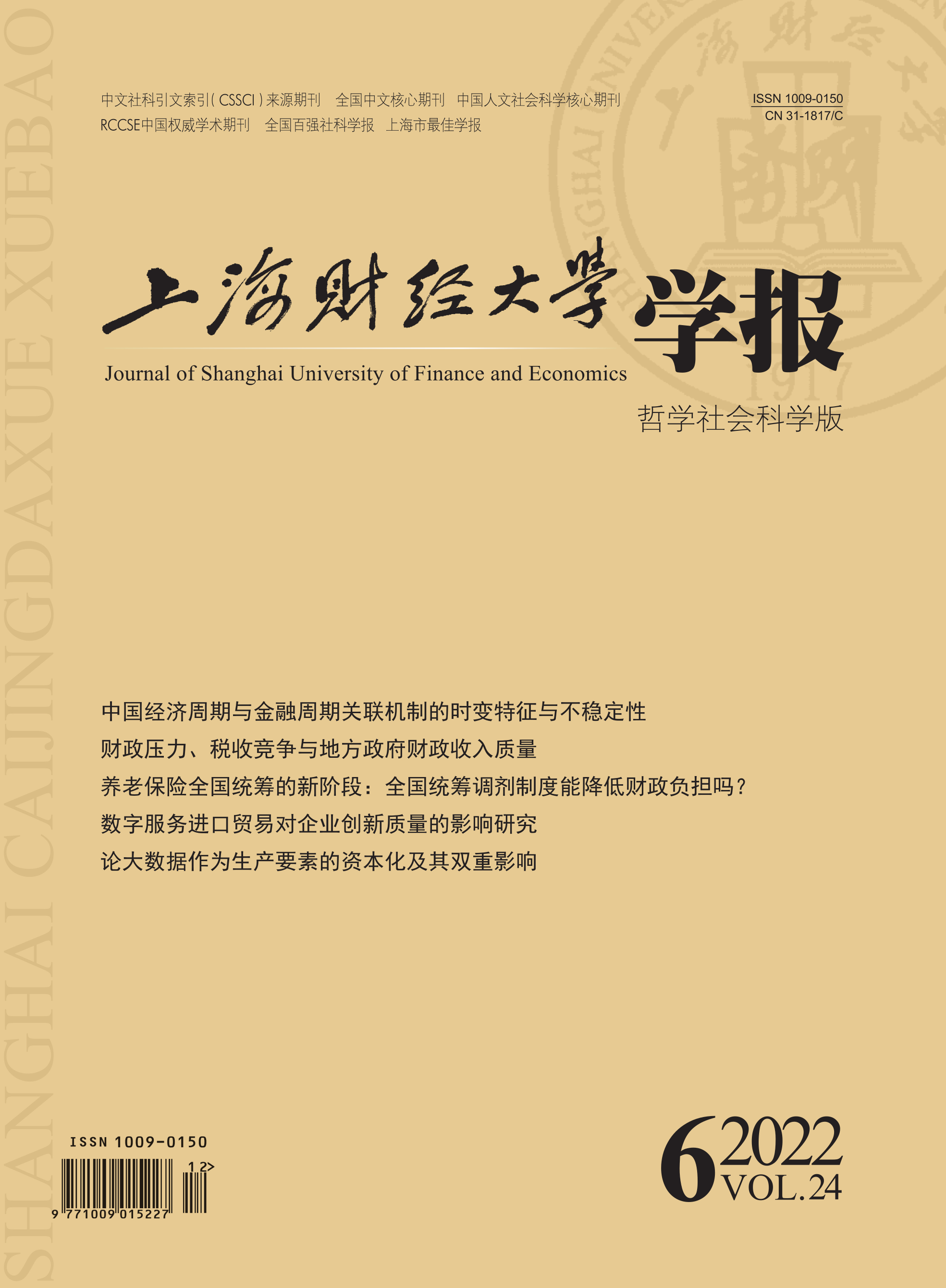Under the background of the new era of dual-cycle pattern and the construction of a unified domestic market, how to better promote the high-quality development of micro-enterprises in China with the market-oriented allocation of factors has become a topic of common concern in the fields of decision-making, social practice and academic research. In general, the establishment of off-site subsidiaries by micro-enterprises has become the main form of cross-regional allocation of their capital factors, which not only helps them seize the ever-changing development opportunities and enhance their core competitiveness, but also has a positive impact on the complementary advantages of different regions and the high-quality development of macro economy and society. Based on this background, this paper studies the impact of the off-site allocation of capital factors in enterprise groups on their overall investment efficiency. The study finds that, the capital allocation of enterprise groups in different places can improve the effectiveness of the use of cash resources at the subsidiary level, thereby optimizing the overall investment efficiency of the group, which is embodied in making up for insufficient investment and restraining excessive investment. Further research finds that, the aforementioned impact is more obvious when the internal information flow is smooth, the internal control level is high, and the pyramid structure is relatively flat. Internal information communication, internal control level, and the flattening of the pyramid structure help remote subsidiaries to transfer cutting-edge business opportunities to the parent company as soon as possible, thereby helping the group company to optimize investment decisions. The off-site allocation of capital factors will ultimately help to improve the overall market value and production capacity of enterprise groups. At the theoretical level, this paper expands the research on the economic consequences of the allocation of capital factors in different regions, and expands the influencing factors of corporate investment efficiency from the perspective of operating subsidiaries across regions. At the practical level, it echoes the new development requirements of “the domestic cycle being the main body and the domestic and international dual cycles promoting each other”. The conclusion not only supports the active exploration of decision-making executives to strengthen the construction of a unified national market, but also proposes that attention should be paid to the system of setting up subsidiaries in different regions, and the efficiency of factor circulation and resource allocation should be optimized by improving the cross-regional information communication mechanism and reducing transaction costs, so as to effectively build a new development pattern.
 / Journals / Journal of Shanghai University of Finance and Economics
/ Journals / Journal of Shanghai University of Finance and EconomicsJournal of Shanghai University of Finance and Economics
LiuYuanchun, Editor-in-Chief
ZhengChunrong, Vice Executive Editor-in-Chief
GuoChanglin YanJinqiang WangWenbin WuWenfang, Vice Editor-in-Chief
Off-site Allocation of Capital Elements and Optimization of Investment Efficiency in Enterprise Groups: Based on the New Era Situation of the Construction of a Unified National Market
Journal of Shanghai University of Finance and Economics Vol. 24, Issue 06, pp. 18 - 31 (2022) DOI:10.16538/j.cnki.jsufe.2022.06.002
Summary
References
Summary
Cite this article
Hu Qianqian, Ma Xinxiao, Li Yudan, et al. Off-site Allocation of Capital Elements and Optimization of Investment Efficiency in Enterprise Groups: Based on the New Era Situation of the Construction of a Unified National Market[J]. Journal of Shanghai University of Finance and Economics, 2022, 24(6): 18-31.
Export Citations as:
For
ISSUE COVER
RELATED ARTICLES




 5452
5452  7410
7410

